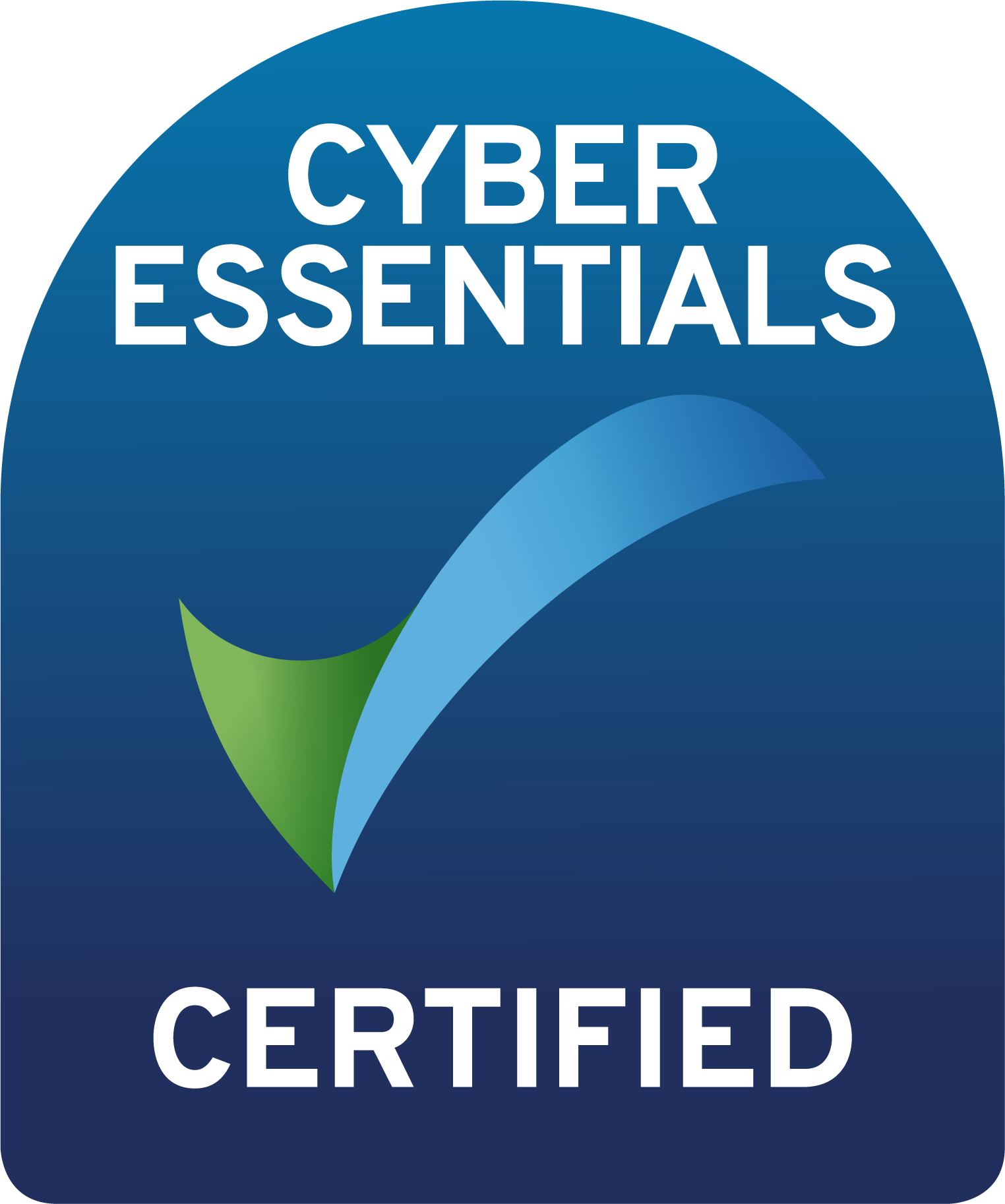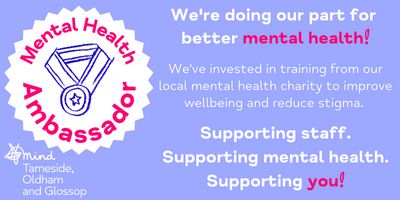- Overview
- Supporting your Learning
- Reviewing your Support
- Keeping you Safe
- Meeting your Health Needs
- Keeping in Touch
- Working Together
- Moving on from School to College to Adulthood
- Enriching your Life
- Some Case Studies
1. Overview
The Inclusive Learning team is part of a network of support services available to all students at Ashton Sixth Form College. We have experienced, professional staff dedicated to providing support for neurodiverse students.
Any student with an EHCP must meet ASFC course entry criteria in order to be offered a place on one of our programmes of study.
Support can range from specialist tuition for students who have specific learning differences, to making sure that learners with mobility difficulties or medical conditions can get around college.
We work closely with schools, external agencies, college teachers and senior tutors, the college counsellor, the careers service and our exams office to make sure that we offer a high level of support to meet individual needs.
The college has an information system in place which staff, students and parents have access to: it is used to share details of students needs and how best to support them.
At Ashton Sixth Form College, experienced, dedicated staff provide Inclusive Learning; working with learners on a one to one basis or with small groups in our quiet, welcoming support areas in the Geoff Higgins building; our Learning Support Assistants may support students in their classes where it is needed.
We offer support for students with:
- Specific learning differences such as dyslexia and dyspraxia
- Hearing and visual impairments
- Autistic spectrum disorders
- Attention deficit and hyperactivity disorders (ADHD)
- Physical, media and mental health conditions
IL cannot diagnose any neurodiversity.
IL work closely with Tameside Sensory Support Services. They advise us on how to support learners who have hearing or sight problems. They guide us on how to adapt handouts for students who have poor eyesight, and they provide equipment for students who have hearing difficulties. They also train our staff so that they can support students who have hearing or sight problems.
IL work with students who have no diagnosed conditions. Supporting:
- SPaG
- Writing
- Using assistive technology to aid reading
- General and exam anxiety
- Time management and organisation
- Exam and Study Skills techniques
IL also offer:
- Advice on applying for the Disabled Students' Allowance, for students going on to university
- Arrangements for personal care needs
- Support with social and emotional needs
- Special exam arrangements including extra time, use of the word processor, rest breaks, enlarged papers, assistive technology to aid reading and writing.
IL provide equipment that we lend to students including: IPads to help our VI learners access teaching and learning; and laptops for those needing to use assistive technology to aid reading and writing.
IL provide support for students when they go on college trips and visits: this may include accompanying students to conferences, open days, educational visits or trips in this country or overseas.
Teaching and support staff have an ongoing programme of training, provided by the Inclusive Learning team or outside agencies. This makes sure they are expert in working with students who have a wide range of learning differences, disabilities or conditions.
Ashton Sixth Form College is fully accessible to wheelchair users or those with restricted mobility. All buildings have lift and ramp access and there is ample parking reserved for disabled drivers.
All vocational students complete work experience placements as part of their course. IL support A level students who want to find work experience placements. Students who have learning differences or disabilities have the same opportunities as all other students for work experience placements.
Our Employability team liaises with students, their parents/carers, teachers and the Inclusive Learning team to ensure that the placement is appropriate for the student’s needs. We carry out risk assessments on all work placement providers and ensure that staff at the placement have training so that the student’s needs are met. We communicate to work placement employers any essential information about a student’s condition. This may be where they have medical needs or where adaptations are required. However, unless such communication is essential, we respect the student’s right to confidentiality.
If a young person has an Education, Health and Care plan, the Inclusive Learning team will make sure that appropriate support is put in place so that the student is given every opportunity to reach their full potential. We will review this support informally on an ongoing basis, and a formal review will take place at least once a year. This review will include a discussion between the key worker in college, the student, their parents or carers, and where appropriate their senior tutor, teachers, and any relevant outside agencies including social services, healthcare providers, mental health teams, careers organisations and sensory support services.
In addition we will provide appropriate support for students who have a need but who do not have an Education, Health and Care plan. We will discuss with the young person, and if appropriate their parents or carers, how we will support them and we will agree a support programme. Support may only be needed for a few weeks, or it may last all the time the young person is at college. We will review this support at regular intervals as fitting and always at the end of the support. This review will normally include a discussion between the young person and the member of staff who provides support, but where appropriate we will include parents or carers and any relevant outside agencies.
All students at Ashton Sixth Form College have formal assessment points throughout the year for each subject; ensuring they are given every opportunity to keep on track and fulfil their potential.
Referrals to IL can be made at any stage to discuss concerns with progress, assessments and any other teaching and learning observation.
Where a student has a significant support need, such as a severe mobility problem, visual impairment or other condition which means they cannot move around college independently, a member of staff will meet them at reception at the start of the day and assist them in making their way to all their classes. At Ashton Sixth Form College we encourage students to be independent where possible, and to interact with their classmates and peers. However, if it is needed, staff will be available to support the learner in their class. At the end of the day we will bring them back to reception so they can be collected and taken home. There are reserved parking spaces close to reception and ramp access onto the college site.
The Inclusive Learning department has a small suite of quiet, welcoming rooms which we encourage vulnerable learners to use at breaks or lunchtime. Learners may use these rooms to eat their lunch, access the internet or interact with their classmates or peers.
Ashton Sixth Form College has a robust health and safety policy to ensure that all students are kept safe while on college premises and when taking part in official activities outside college. Each activity and every area of college is risk assessed by trained, competent, qualified personnel. All sports and PE instructors complete risk assessments for sporting activities. They are sports first aid trained, and the college has a team of qualified first aiders on site. Staff organising any trips or visits complete a robust risk assessment and where there are any specific support needs they liaise with the Inclusive Learning department and Facilities and Compliance Manager to ensure those support needs are met.
The college has a comprehensive Fire Safety and Emergency Policy to make sure that students who have restricted mobility can evacuate the college in case of emergency. As soon as the college becomes aware that a student has a mobility issue, a member of the Inclusive Learning team, and the Facilities and Compliance Manager meet with the student, their parents/carers and any other relevant personnel to find out the nature of their mobility needs and to draw up a Personal Emergency Evacuation Plan (PEEP). The college Inclusive Learning Manager and the Facilities and Compliance Manager keep a copy of each plan and are responsible for informing, through the college’s record keeping system, the student’s teachers, senior tutor and other relevant staff of the procedure to follow in an emergency.
Ashton Sixth Form College is committed to being an environment which is free from abuse, bullying and harassment and we do everything possible to make sure that staff and students respect and are tolerant of each other and that there is a strong sense of co-operation. Our aim is to make sure that students will feel comfortable and confident in reporting abuse, bullying and harassment of any kind.
Examples of behaviour which we will not tolerate include:
- Sarcasm and ‘put downs’
- Offensive or demeaning use of language or gestures
- Any physical or verbal assault
The college knows that cyber based bullying and abuse has become more common in modern society. The college will take any instances of such bullying/abuse very seriously and will take appropriate action in line with the College’s Student Conduct Policy, or the Disciplinary Procedure where we suspect staff are involved.
We communicate the college’s zero-tolerance stance on bullying and harassment to students in their induction and through tutorials on an ongoing basis.
We deal with bullying and harassment which relates to a disability, or which is of a sexist, racist, homophobic, ageist or religious nature as an Equality and Diversity matter.
Further information on bullying can be found in the college Safeguarding and Child Protection Policy and there is further information in our Equality and Diversity Policy.
As soon as the college becomes aware that a student has a medical issue, a member of the Inclusive Learning team, and the Facilities and Compliance Manager meet with the student, their parents/carers and any other relevant personnel to find out the nature of their condition and to draw up a Medical Management Plan. The college Facilities and Compliance keeps a copy of each plan, and relevant information is shared with all staff via the college information system. Training is provided, when appropriate, for the student’s teachers and other relevant staff of what to do should there be a medical emergency. We carry out training in liaison with the student, their parents/carers, and any other relevant expert personnel. First aid trained staff will only issue medication if it is specifically identified in the individuals Medical Management Plan.
The college has a team of trained first aiders who will provide immediate response to any medical incident. If necessary, they will follow the guidance included in the student’s Medical Management Plan. Where appropriate they will provide treatment and if necessary will ensure the emergency services are called promptly.
Full information on how the college meets students’ health and safety needs is contained in the Health and Safety Policy and the college First Aid Policy.
Each summer term the college invites Year 10 pupils to various taster events so that they can begin planning their next steps on leaving school. In the autumn term we host various open day/evenings for Year 11 students to help them to refine their plans. Prospective students are also invited to a taster event, to gain an understanding of what it is like to be a student as Ashton Sixth Form College, and their parent are invited to conference, where they can learn more about studying at Ashton Sixth Form College including the support systems which are in place.
The Inclusive Learning team works closely with teachers to make sure that students with learning differences or disabilities get the support they need at all these events.
In June the Inclusive Learning department invite all pupils who have told us they have a support need, along with their parents/carers, for a transition visit. At this visit, pupils can learn about the support which is available, meet the Inclusive Learning team and speak to students who already have support.
Once they have started at college, all students have a senior tutor who is the first person that parents/carers can contact if they have any worries. Parents/carers can contact the young person’s senior tutor at any time to discuss progress or any concerns. In addition senior tutors call parents/carers on an ongoing basis if they need to discuss a student’s progress. Twice each year parents/carers receive a report on their child’s progress. Parents/carers can also access information on student’s attendance and progress on the Cedar which is available on the college website.
We encourage parents/carers to give feedback to the college as it helps us to constantly improve the service that we provide for young people. Each year we issue an online survey, which parents/carers can access on the college website. We also issue exit surveys at all of our events throughout the year which give parents/carers the opportunity to express their views.
Parents/carers who want to become more involved in the work of the college may apply to join the board of Governors. We have two Parent Governors and when a vacancy becomes available, usually when a Parent Governor’s son/daughter leaves college, the Clerk to the Corporation writes to all parents/carers to invite applications. The appointment follows a process of interviews with Clerk to the Corporation, the Centre Principal and the Chair of Corporation.
We are also keen to learn students’ views on college, the support services and their course. Each year learners complete an online student survey in which they can give us their feedback. In addition, students are invited to focus groups where they can express their opinions on all aspects of the college. The Inclusive Learning department hold our own focus groups where we encourage learners who have had support to inform us of our strengths and areas we may need to improve.
The college has a Student Council which is elected each year. Their role is to represent the student voice throughout college and to make sure that students’ view are heard and acted upon.
8. Moving on from school to college to adulthood
Each student who applies to Ashton Sixth Form College attends a guidance interview with an experienced member of staff to make sure they enrol on the most appropriate course for their ability and aspirations.
The Inclusive Learning team have close links with the secondary schools within the area. Each year, a member of the team meets the school SENDCO or Head of Year 11 to identify students who may have support needs and to find out the best way to support these learners. If a student has particular needs they will be contacted and invited to an individual transition visit where they can meet the IL team and learn all about the college environment.
The college has a Peer Mentoring scheme. Under this scheme, second year students are encouraged to apply to take on a role as mentor for new students who may be feeling alone or isolated. They will help new students to become integrated into college, make friends and take an active part in college life. The college Chaplaincy offers a quiet place for anyone who may be overwhelmed by the new experience of being in college.
As part of the college tutorial programme, we provide advice and guidance on preparing to leave college. We help students who want to go on to further study to select the right course and university. We also provide comprehensive support with applying for places. The tutorial programme also offers guidance on how to apply for student loans and other sources of finance. Where a student has a learning difference or disability, the Inclusive Learning team can advise on the application for the Disabled Students’ Allowance, which pays for any support they may need at university, and replaces the EHCP, if one is in place, when a student moves beyond Level 3 learning.
The college has a Careers team made up of professional, dedicated careers professionals, who offer guidance on apprenticeship and careers opportunities and advise students on how to apply for these. Throughout the year the team arranges outside speakers from universities and employers to advise and guide students on the next steps towards progression.
Throughout the year the Careers team are available for one to one appointments with students to make sure they are aware of their career opportunities. They also provide guidance on completing job applications, CV writing and preparing for interviews. A member of Positive Steps, an external careers service, spends one day a week in college also preparing students for the move from college into work.
Our Employability team also provide guidance on employability skills to help ensure a young person is fully prepared to move on from college.
Furthermore, for those learners who are hoping to go to university, we have a Realising Aspirations programme. We have links with a wide range of universities, giving guidance on a variety of courses. This is designed to give students an insight into student life and help them to make informed decisions regarding university and courses.
Ashton Sixth Form College aim to enrich students’ studies with extra-curricular activities because being a student is much more than just sitting in lessons and studying. Our dedicated enrichment programme is designed to extend students’ interests in a range of activities. This can include joining one of our sports teams, representing the college as a student ambassador or peer mentor, joining the college choir or learning a new skill such as mountain biking, Japanese or archery.
All students, regardless of learning difference or disability, have the same opportunity to participate in our enrichment activities. Where necessary, the activity organiser will liaise with the Inclusive Learning team and the Facilities and Compliance Manager to ensure that students are fully supported so that they can enjoy and fully benefit from the activity.
10. Case Studies
All of these case studies show the support we provide for students from Ashton Sixth Form College. They are real students who are still at the college or who have left recently. For this reason, to protect confidentiality, we have changed their names.
- Visual impairment
- Dyslexia
- Medical
- Mental health
- Hearing impairment
- Dyspraxia
- Mobility
- Autism
Visual Impairment
Nina
Nina is partially sighted. When she applied to Ashton Sixth Form College, in Y11, the Inclusive Learning team started to work closely with Tameside Sensory Support Service to plan how best to support her.
She enrolled on the A level programme and before lessons started in September Assistive Technology was set up in all her classrooms to support her learning. Staff were made aware of her visual needs. IL provided an Ipad to access classwork, and made sure all her materials were enlarged so she could read them. Specialist software has been purchased to enable Nina’s access to examinations.
Dyslexia
Todd
Todd was diagnosed with very serious dyslexia when he was at primary school. Despite this, he did well at secondary school, which meant he was able to enrol on a Level 3 vocational Forensic Science course as well as resitting English.
Before he started college, we provided training on working with students who have dyslexia for staff who would be working with Todd. We agreed with his teachers that he would have learning support assistants to support him in most of his classes. We also arranged for him to have a reader, a writer and extra time for his exams, and for the exams to be printed on lilac coloured paper. By the end of his first year he had achieved his Level 1 qualification in Functional Skills in English.
Because of his successes in the first year, and to promote his independence, we reduced his support so that learning support assistants only went into a third of his lessons. Out of class we provided guidance on applying to university and on getting the Disabled Students’ Allowance.
Hearing Impairment
Stacey
Stacey was born with a moderate hearing impairment and has used hearing aids for most of her life. When she enrolled on the Level 3 vocational Health and Social Care course we arranged training from Tameside Sensory Support Services for all staff who would be working with her. We also leased a radio hearing aid so that she could hear what the teachers were saying in class.
Stacey was a very independent student, and needed no extra support from the Inclusive Learning team. She was extremely successful on her course and achieved a Merit. She went on to achieve a degree in midwifery at university.
Autism
Joe
Joe finds it very difficult to speak with people and feels very uncomfortable in crowds. He does not like to mix with his peers, preferring to work independently at a computer. Joe enrolled on a Level 2 ICT programme and before he started we arranged for him to visit the college. He met his teachers and Inclusive Learning staff.
Once he started college, Joe needed support to and from classes, as well as support in class. He used the Inclusive Learning base during study periods where he was encouraged to meet with a small group of students to improve his social skills, as well as work independently. He was reluctant to eat outside the home but was gradually encouraged to eat in the base, and eventually was able to buy food independently from the food market. In his exams he had 50% extra time, a prompter to ensure he did not spend too much time on any one question, and a separate room.
He passed the Level 2 qualification, and won an award at the college prize giving evening, which he was able to attend with trepidation, and has now enrolled on to the Level 3 programme.
Mobility
Polly
Polly has chronic pain and hypermobility. This condition means that Polly occasionally has to use a wheelchair.
Before she came to Ashton Sixth Form College IL liaised with secondary school and Polly’s medical support staff to find out how they supported her, and she came into college to meet IL staff and to make sure she could get around. Because of her condition it isn’t always possible for her to travel round college without help, so IL staff are available to take her to each of her classes. Once she had started to make friends, we reduced support as much as possible so that classmates could help her get to her lessons.
IL arranged extra time, use of a writer or word processor, and rest breaks for all her exams.
Mental Health
Anne
Anne has serious mental health issues including depression and anxiety which meant that she was unable to complete her studies at school. When she came to Ashton Sixth Form College we ensured she was on the right course, and made her teachers aware of her needs before lessons started in September, so that she would feel more comfortable once her course started. IL staff supported her both in and out of class; and ensured her mentor at her work placement was aware of her needs.
During her time at college Anne has been supported by the Inclusive Learning team. We advise teachers to allow her to leave classes whenever she became anxious which greatly reassured her; she always catches up with her work and is praised for her efforts by all staff working with her.
Medical
Fred
Fred has Type 1 diabetes. This is managed by a team at the hospital who liaised with Inclusive Learning to ensure a health care plan was in place. Whole staff training on managing the care of students with Type 1 diabetes was delivered before he started at college. The health care plan was shared with his teachers and staff in all areas of college he may use, including the food market and library teams.
Exam Access Arrangements were put in place, as advised in his health care plan: rest breaks and access to his medical supplies.
Dyspraxia
Simon
Simon was diagnosed with dyspraxia when he was at Primary School. This meant that he finds organisation very hard and he struggles to manage his time. He also has great difficulty writing legibly.
He enrolled on A levels and during his time at college he attended weekly support sessions to ensure his work was kept in good order and to help him timetable his independent study time. We also lent him a laptop which he took to all his classes so that he could take legible notes.
For his exams he used a word processor and had extra time. He gained grade C in each of his A levels and went on to work full time as a teaching assistant, working with young children who have learning differences. Since taking up employment he has also completed a Foundation Degree in Education at Ashton Sixth Form College. While studying on this course he received out of class study sessions which were paid for by the Disabled Students’ Allowance.

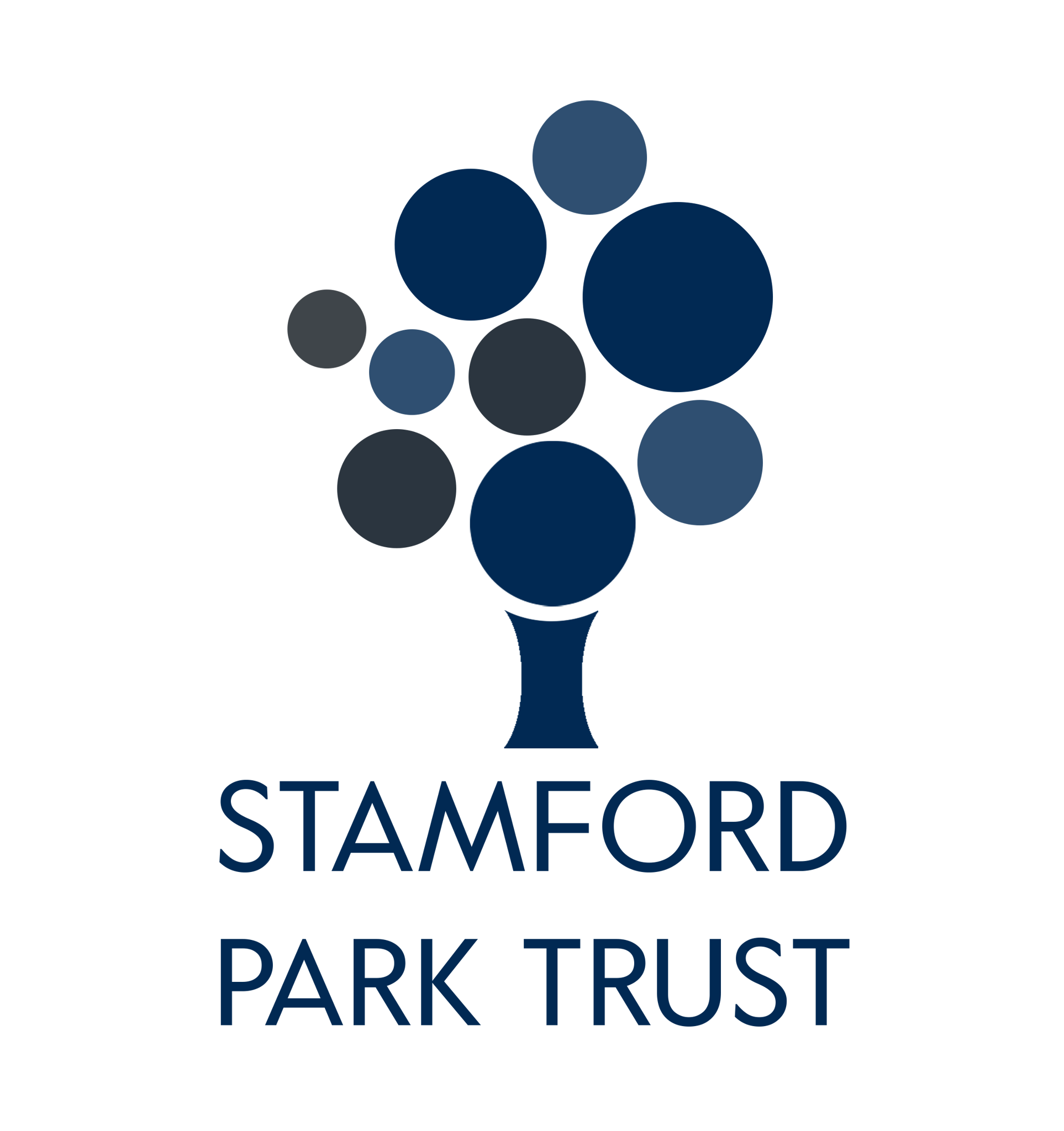
.png)

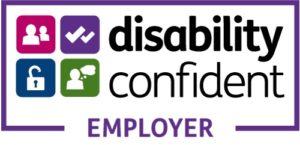
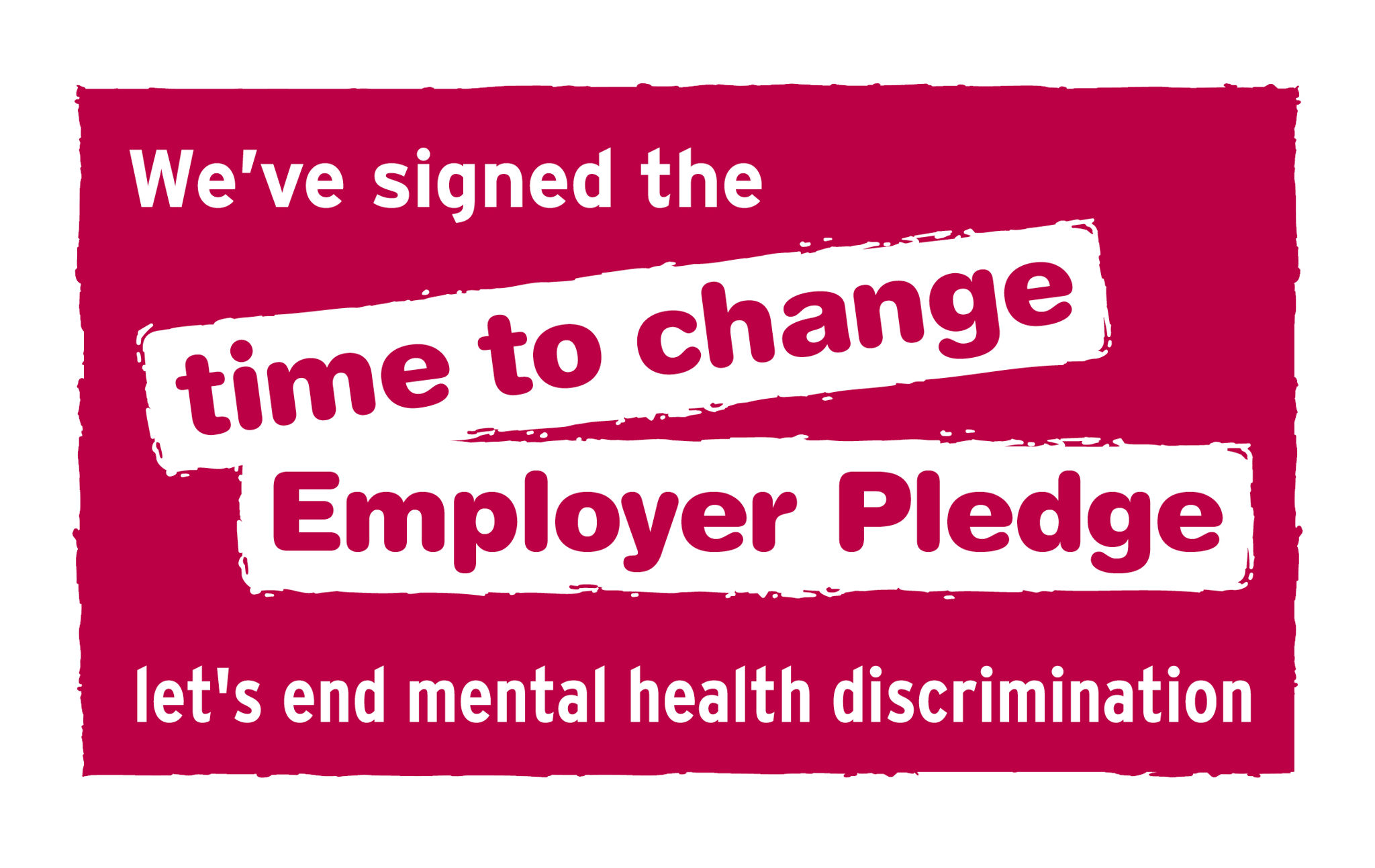

.png)
